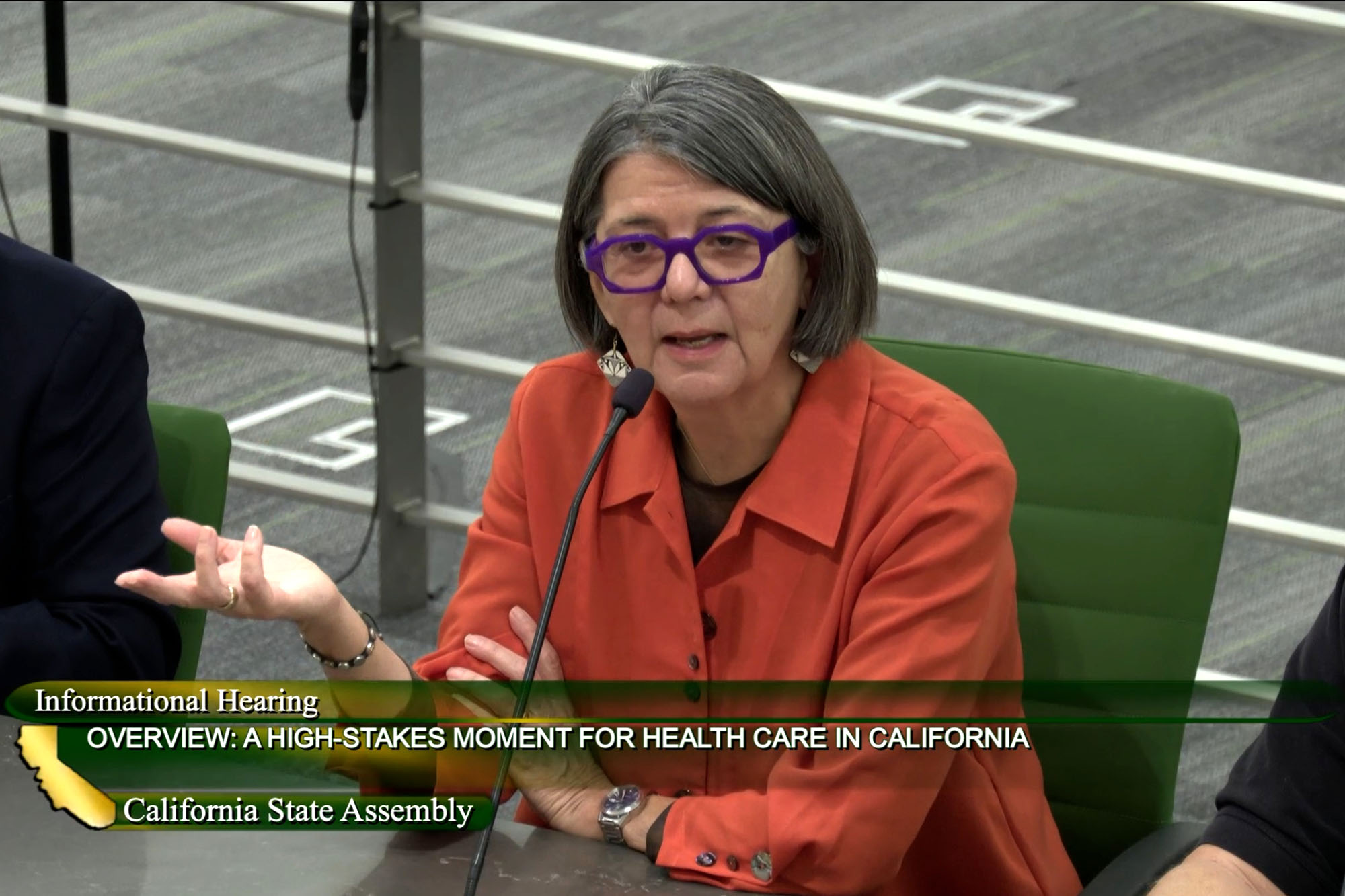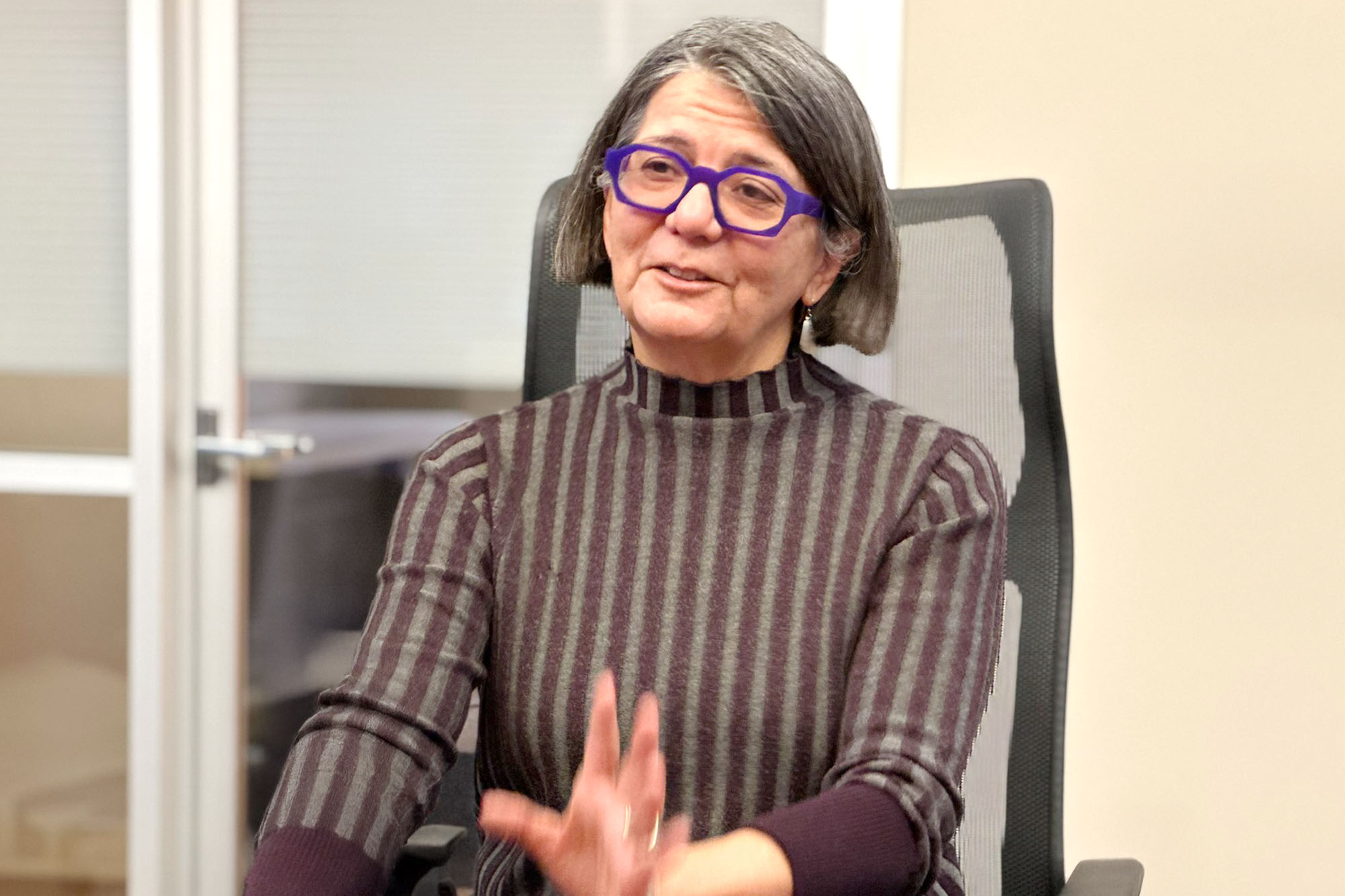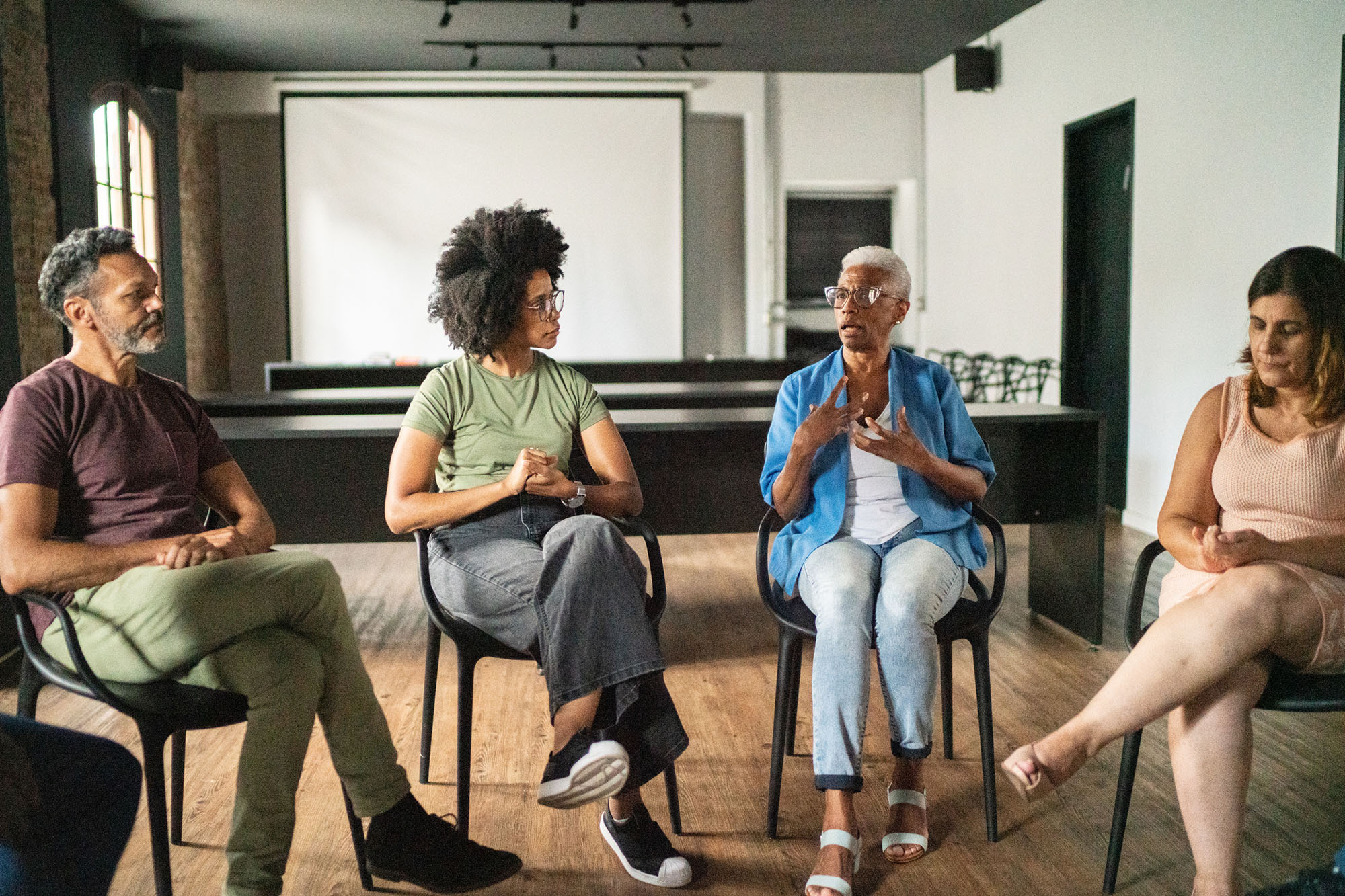
Nathan Pelzer became fascinated by health care when he was a child, riding along as his mother, a home-care nurse, took blood pressure readings and checked medications for patients in their community who often had few resources. Those memories stayed in the background through business school and stints in consulting and investment banking.
Then he decided to look at health care through his professional lens, and what he saw wasn’t pretty. He found that the technology that was being used and the way that care was paid for “were out of whack.”
“It was a really growing area that no one was trying to fix in a comprehensive way,” said Pelzer, the cofounder and CEO of Clinify Health, a largely digital company that occupies a space between payers and providers for underserved populations. The Chicago-based company works with value-based contracts, which link providers’ revenue to their patients’ health outcomes. Its platform incorporates information about social factors like income and neighborhood conditions into patient profiles. That enables doctors to understand the lives of and work more effectively with patients likely to skip appointments or skimp on their medicines, which can lead to an expensive visit to the emergency department.
And it is the first company to benefit from a new approach for the California Health Care Foundation’s 10-year-old Innovation Fund: investing in more companies, investing in them earlier, and prioritizing enterprises with founders who are women and people of color.
The foundation invested $125,000 in Clinify Health, part of a $3.1 million seed round with other investors that was announced in August. That money was crucial, said Pelzer, who cofounded the company in 2019 with Clinify Health chief technology officer Eric Peebles.
Investments in More Than 20 Health Care Startups
“We believe that solutions, technology, and innovations developed by people with lived experience in communities of color are more likely to be adoptable, scalable, and have a unique impact,” said CHCF Innovation Fund director Melissa Buckley. Over the past decade, the fund has invested tens of millions of dollars in more than 20 health care startups whose innovations aimed to improve the health of underserved populations in California.
Prioritizing companies with female, Black, and Latinx founders is a powerful way to approach the problem of innovating in the context of the safety net. Latinx people, for example, make up 56% of the enrollees in Medi-Cal, California’s Medicaid program. Harnessing ideas from within that community would therefore have a significant impact.
“Because there has been so much racism and intrinsic bias in investing, we believe there will be more opportunity to invest at the earlier stage” Buckley said. “People of color and women are often cut out of investment opportunities, and their companies are not able to progress to the development phase that we traditionally have looked for when considering investments.” Investing earlier will help more of these companies remain viable and continue to the next round, she said.
The Innovation Fund each year typically makes a $1 million investment in two or three companies. Those investments will continue in tandem with the fund’s longstanding focus on CHCF’s goals for accessible and affordable health care. Financial returns will continue to be secondary goals. Starting this year, the foundation is adding roughly $1 million a year in seed stage money to be divided among three or four younger startups. These companies will benefit from sharing CHCF networks and their expertise from many years of working with Medi-Cal.
“Unique Formula”
“Marrying up early stage investing with being strategic and helping be valuable to these companies and founders — that’s a pretty unique formula that I don’t know I’ve seen anywhere else,” said Leah Sparks, a board member at the consultancy Rock Health and founder and CEO of Wildflower Health.
A lot of venture capital and private equity is directed at tech startups, although most investors aren’t thinking about Medicaid, the nation’s largest payer sector and a massive market for innovation. The fund aims to ensure that Medicaid is included in the technological transformation that’s happening in health care.
The fund looks for companies whose expertise complements the foundation’s areas of focus. “While we understand Medicaid and how services are reimbursed through Medicaid, others understand technology development or how to build a company in terms of its organizational structure and the way it gets financed,” Buckley said.
Each partner company can receive up to $3 million in total investment and grant funding from CHCF. More investment aimed at diverse entrepreneurs, particularly in the early stages, is needed. According to a CHCF report on investment strategies for supporting diversity, equity, and inclusion, only 1% of venture capital–backed founders are Black. Only 2.7% of venture capital funding went to companies with all-female founding teams in 2019, surveys have found.
Early funding rounds can be challenging for entrepreneurs of color, according to the report. The median White family in the US has 41 times more wealth than the median Black family and 22 times more than the median Latinx family. That disparity severely limits their ability to raise initial funding from friends and family. Nor do many entrepreneurs of color have connections to venture capital firms, which usually rely on personal contacts and referrals to make deals.
Networking for Entrepreneurs
The fund hopes to build a network for entrepreneurs who are people of color and women. Leaders plan presentations, bring in panels of seasoned entrepreneurs from those communities, and make connections with payers and providers throughout California. The network also will support mission-aligned incubator-accelerator networks such as Plug in South LA and Visible Hands, which are similarly focused on Black, Latinx, and female entrepreneurs.
Pelzer said networks like these are particularly useful for founders from underserved communities.
Clinify Health is working to make the transition to value-based payment models less difficult for community health centers, which account for 90% of the practices the start-up works with. Medicaid managed care plans, under pressure from government contract requirements, force practices caring for large numbers of marginalized patients — many with complex medical conditions worsened by social determinants of health and economic inequality — to adopt business practices that measurably improve health outcomes.
Managed care plans pay for provider practices to use Clinify Health in hopes that health care costs can be lowered. “We sit in between those payers and providers to help that transition be made much easier,” Pelzer said.
Clinify Health now works with 55 practices serving 220,000 patients in Illinois and Georgia. Pelzer’s next goal is doing business in California. With help from CHCF, he is talking with community health centers.
Creating a Trusted Space for Women

The Innovation Fund’s latest $125,000 early-stage investment, finalized in October, supports Kiira Health, a Los Angeles-based startup that is a virtual clinic for women. The platform features round-the-clock health support via chat, virtual doctor visits and prescriptions within 48 hours, and tips and advice from experts.
Crystal Adesanya founded Kiira after facing a personal health emergency “caused by a lack of information and trying to self-diagnose with the internet.” Adesanya collaborated with ob/gyn Candice Fraser, MD, to create a trusted space for women to access medical advice.
“I started Kiira due to a negative health care experience I had while in college that almost cost me my life,” said Adesanya. “I want young women, especially young Black women, to have a place where they could find a trusted provider and get the health care they need and deserve. Our goal is to catch women young with a compassionate and connected care solution that will ensure a healthy future at the most pivotal point of their lives. We want to empower them to take charge of their health today and throughout their health journeys.”
CHCF’s Investment Vision
The Innovation Fund’s updated investment strategy supports its vision to make widespread improvements to California’s health care system so that everyone can access care when they need it.
“Clinify Health and Kiira are representative of the companies we want to support,” said Buckley. “Our goals are to improve access and to ensure high-value health care by bringing the best innovations and technology to providers, health systems, payers, and patients in the Medicaid ecosystem.”
Authors & Contributors

Don Sapatkin
Don Sapatkin is an independent journalist who reports on science and health care. His primary focus for nearly two decades has been public health, especially policy, access to care, health disparities, infectious diseases, medical research, and behavioral health, notably opioid addiction and treatment. Don previously was a staff editor for Politico and a reporter and editor at the Philadelphia Inquirer. He earned a bachelor’s degree from Haverford College and is based in Philadelphia.





